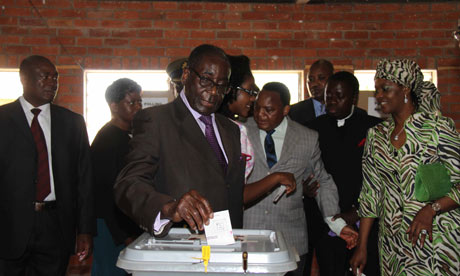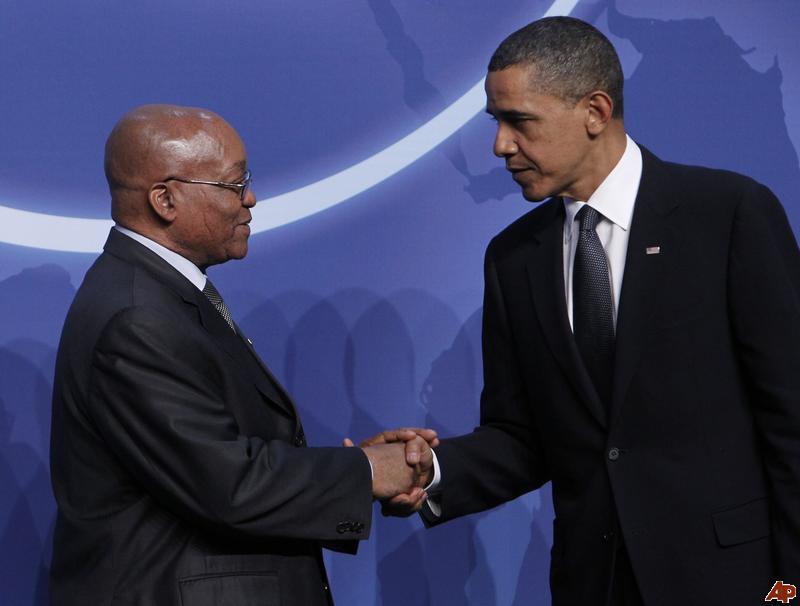Africa
Mauritius: Flash flood hits Lalit de Klas’s offices and archives

By Lindsay Collen
South Africa: Chris Hani would be angry at ANC 'adopting our class opponents' policies'

By the National Union of Metalworkers of South Africa
Declaration of the Social Movements Assembly of the World Social Forum, Tunisia 2013

By the Social Movements Assembly of the World Social Forum, Tunisia, 2013
March 29, 2013 -- We are gathered here to affirm the fundamental contribution of peoples of Maghreb-Mashrek (from North Africa to the Middle East), in the construction of human civilisation. We affirm that decolonisation for oppressed peoples remains for us, the social movements of the world, a challenge of the greatest importance.
Through the WSF process, the Social Movements Assembly is the place where we come together through our diversity, in order to forge common struggles and a collective agenda to fight against capitalism, patriarchy, racism and all forms of discrimination and oppression. We have built a common history of work which led to some progress, particularly in Latin America, where we have been able to intervene in neoliberal alliances and to create several alternatives for just development that truly honors nature.

Zimbabwe President Robert Mugabe votes yes to the new constitution.
BRICS: ‘Anti-imperialist’ or ‘sub-imperialist’?

South African President Jacob Zuma and friend.

Whose turn to carve?
March 18, 2013 -- In Durban, South Africa, five heads of state meet on March 26-27, 2013, to assure the rest of Africa that their countries’ corporations are better investors in infrastructure, mining, oil and agriculture than the traditional European and US multinationals. The Brazil-Russia-India-China-South Africa (BRICS) summit will also include 16 heads of state from Africa, including some notorious tyrants. A new $50 billion bank will probably be launched.
Is population control an anti-capitalist policy?

Poor peasants are to blame?
African solidarity with the Venezuelan revolution and tributes to Hugo Chavez

Hugo Chavez's funeral, March 8, 2013.
[Below are statements issued by left and progressive organisations in Africa. More will be posted as they come to hand.]
* * *
Taking forward the revolutionary life and symbolism of hugo Rafael Chavez Frias
March 10, 2013 -- The Democratic Left Front (DLF) of South Africa joins the millions of poor and working people and their mass movements in Venezuela, the Caribbean, Latin America and across the world who celebrate the revolutionary and emancipatory life and symbolism of Hugo Rafael Chávez Frías. Since his tragic passing away on March 5, our hearts have drawn inspiration and courage from his example and symbolism.
As the 9 million people who attended his funeral on March 8 showed, Chavez represented and personified immense hope and possibility: hope for the wretched of the Earth, hope and faith in the ability of the mass of exploited and oppressed people to self-organise and challenge inordinate power relations in society, and thereby be their own liberators, and realistic hope in the possibility of constructing a socialist alternative to the barbarism of capitalism.
No sign of peace or reconciliation in France-controlled Mali

French troops arrive in Mali.


